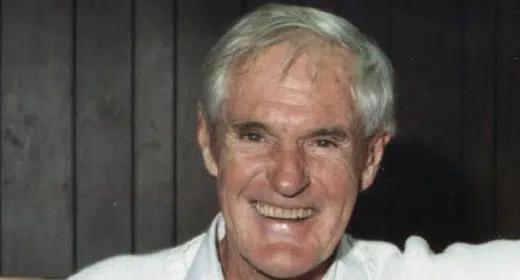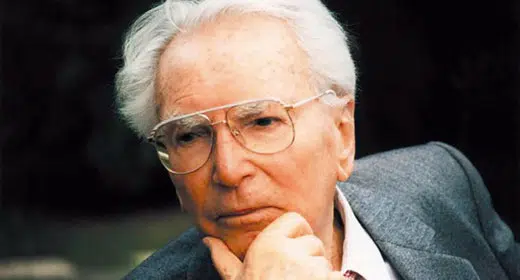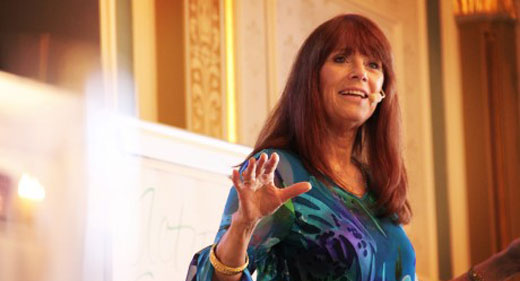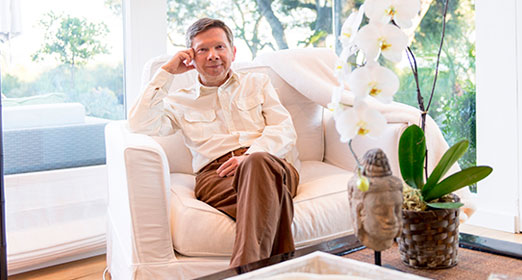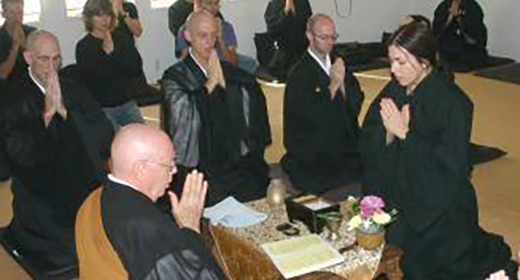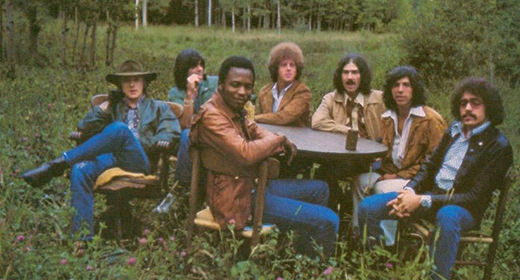by Matthieu Richard: Vice Presidential candidate Paul Ryan recommends the reading of Ayn Rand’s writings to all his collaborators. Does the United States of America truly want to have a leader whose ideal is to promote selfishness in society? 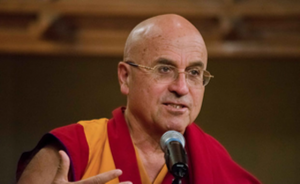 I am convinced that selfishness makes life miserable not only for all those around us, but for ourselves as well.
I am convinced that selfishness makes life miserable not only for all those around us, but for ourselves as well.
Ayn Rand is indeed a puzzling enigma. Although she is practically unknown in Europe and in the rest of the world, she continues to have a significant influence on American society. In a 1991 opinion poll conducted by the United States Library of Congress, Atlas Shrugged, her major work, was cited as the most influential book after the Bible. President Reagan and Alan Greenspan were known admirers of Ayn Rand and so is Paul Ryan.
Ayn Rand does not think that we are all fundamentally selfish by nature. Rather, she advocates that we should be selfish if we want to live a good life. For her, altruism/compassion is a masochistic vice that threatens our very survival, leads us to neglect our own happiness. According to her, altruism is not only undesirable, but it isimmoral. She believes that our own personal happiness is the only thing that matters in life, and that by caring for others we will become like slaves and, in her own words, “sacrificial animals”. She promotes the virtue of selfishness and contends that, “The attack on selfishness is an attack on man’s self-esteem.”
Ayn Rand does not mince her words. During a dialogue with Mike Wallace in 1959, she stated: “I consider altruism as evil… It is immoral … because you are asked to love everybody indiscriminately… to love them regardless of whether they have any value or virtue.” According to her, altruistic love is degrading, because, in her own words, “if you love those who don’t deserve it … you can bring your soul to the state of a dump heap.”
Her ideas have created a doctrinal stance for people who advocate that neither the government nor anyone else should ask us to take an interest in the poor, the sick, and the elderly, and certainly people should not be made to pay taxes to support them. You can help only if it makes you happy, but it should not be considered to be a social duty. As Mitt Romney recently declared in his “47%” speech, “My job is not to worry about those people.”
Ms. Rand also has been a key in the intellectual justification of the narcissism epidemic that has been growing in the United States during the last two to three decades.
Many research projects, including those recently conducted by psychologist Barbara Fredrickson, have shown that the positive emotions linked with love, benevolence, and gratitude can reshape your life for the better. They can make you more knowledgeable, resilient, socially integrated, and healthier. In fact, when we are connected with someone else in a positive benevolent way, our trust in that person expands and our relationship and loyalty deepen. In Fredrickson’s own words, “Love is our supreme emotion that makes us come most fully alive and feel most fully human.”
Ms. Rand, however, brings altruistic love to the level of a business deal. In Atlas Shrugged, she states that, “the principle of trade is the only rational ethical principle for all human relationships. Love, friendship, respect and admiration are the payment given in exchange for the personal, selfish pleasure which one man derives from the virtues of another man’s charac¬ter.”
In relation to her personal life, Mike Wallace asked Rand: “You are helping financially your husband. Is there any contradiction here?” To which she replied, “No because you see, I love him selfishly. It is in my own interest to help him. If he ever needed it, I would not call it a sacrifice, because I take selfish pleasure in him.”
Ayn Rand’s preferred sources were at best suspect. In her Journals she quotes a statement by William Edward Hickman who says: “What is good for me is right.” Her response was enthusiastic: “This is best and strongest expression of a real man’s psychology I have heard,” she exulted. The only problem is that Hickman was a psychopath who committed multiples arsons, child kidnapping and murders.
The main argument developed by Ayn Rand is that “the achievement of his own happiness is man’s highest moral purpose.” But believing that man must be selfish in order to be happy is Rand’s tragic mistake. Experience and science prove that the extreme selfishness she advocates is a recipe for suffering, not for happiness. This, in fact, appears to have been the case of Rand herself who was described by those who knew her well as haughty, narcissistic, devoid of empathy, and rather unhappy. Her relationships with her close entourage were filled with animosity and vindictiveness and she despised the vast majority of human beings as “mediocre, stupid, and irrational.”
In order to face the challenges of our times successfully, we need to have more consideration for others, to be concerned for their welfare, and to act with the intention to benefit them. If we were more considerate of future generations, we would not blindly sacrifice the world that we hand down to them in favor of short-term goals.
Thus, altruism is the determining factor of the quality of our current and future existence. It should not be relegated to the rank of a noble, utopian thought dreamt up by a few individuals with big hearts, much less to an “immoral” state of mind. We must have the insight to recognize it and the audacity to say so.
It would be tempting to discard Ayn Rand as completely lacking empathy and a minor philosopher — through she considers herself as one the three major philosophers, one of the three “A”, Aristotle, Augustine, and Ayn R.. However we cannot ignore the major influence she continues to exert today on many sectors of American life and politics. However embarrassing her views may be to some of us, we need to be like a physician who cannot ignore a strange illness that has transformed itself into an epidemic.

